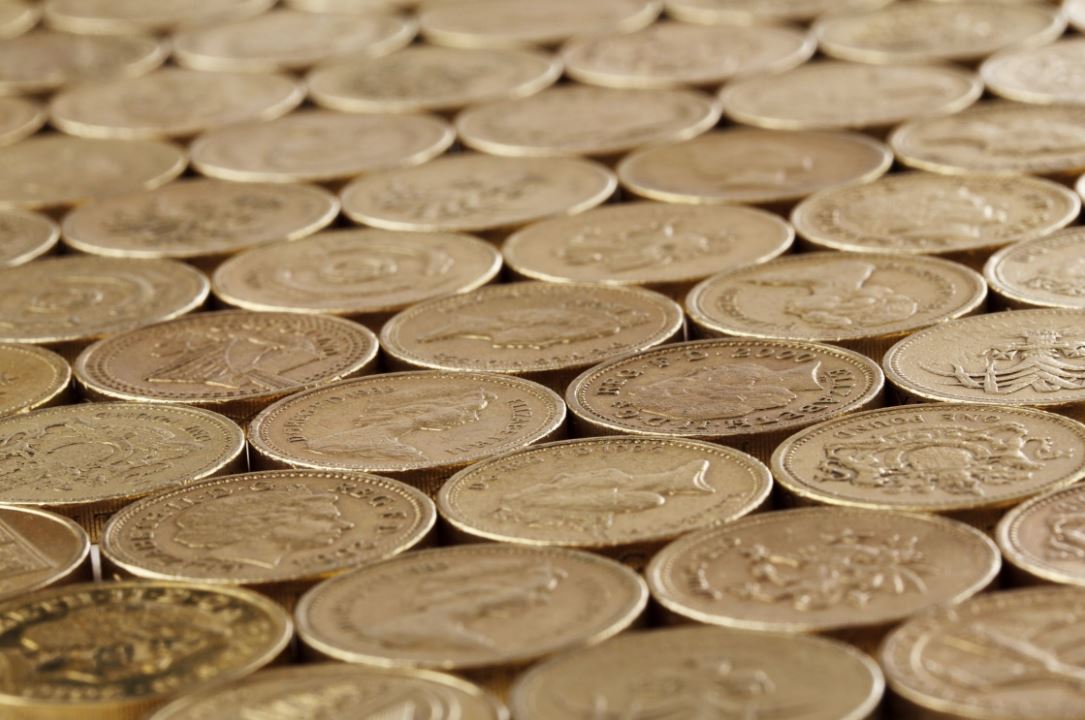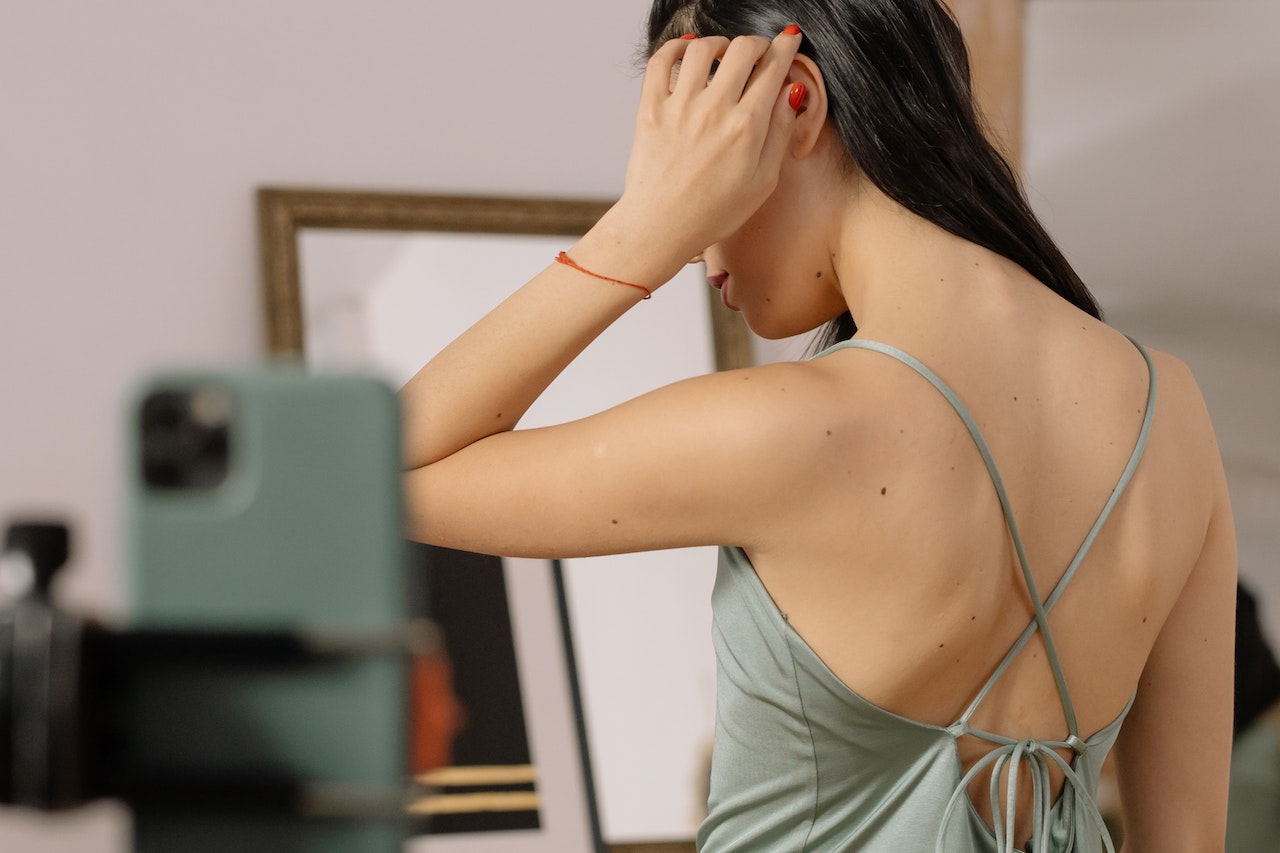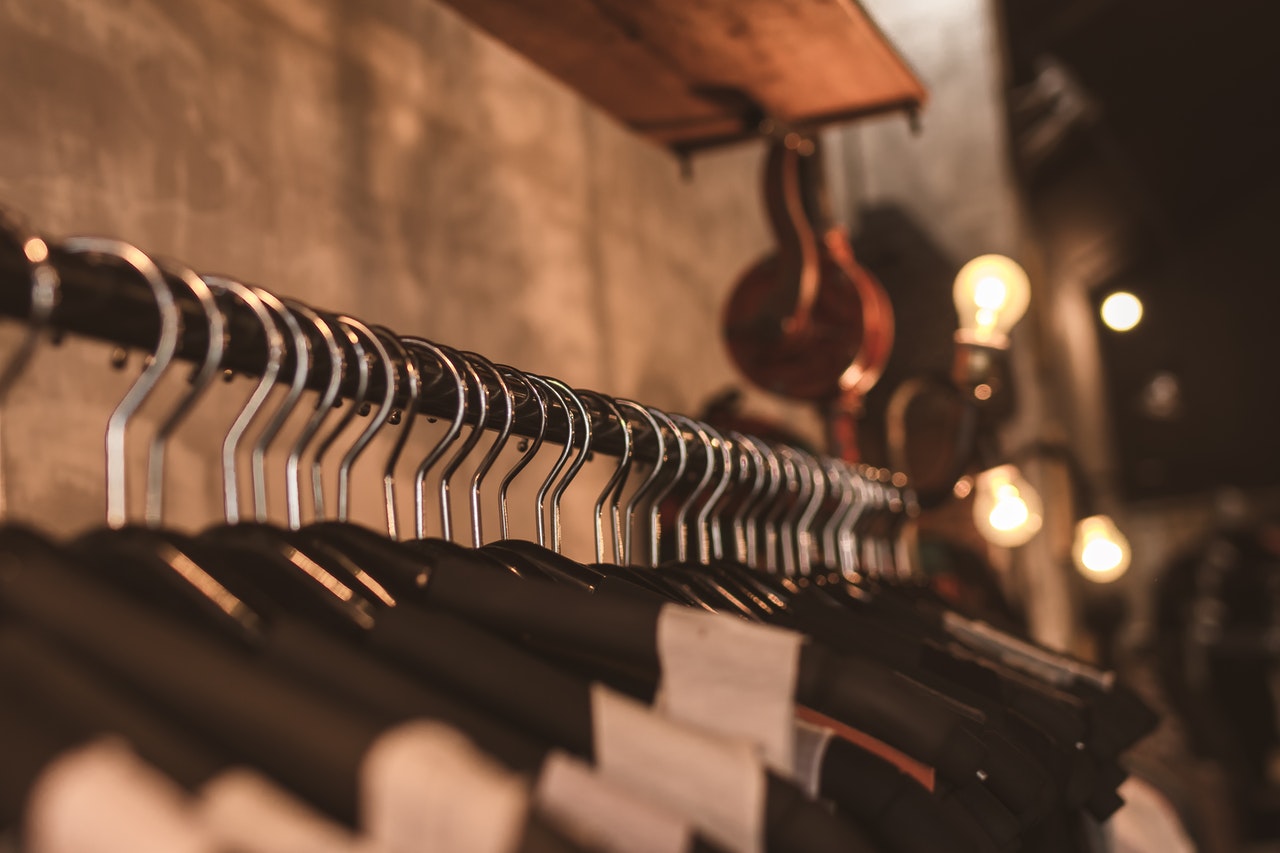Whether you’re just starting out with a coin collection or have been collecting for years, proper care and storage for your coins are essential. Improper handling can cause irreversible damage to your collection. Familiarize yourself with the top causes of coin damage so that you can take steps to protect your collection.
Humidity
Even a little bit of moisture can do big damage to coins, especially if they’re made of silver or copper. Humidity is all around, so keeping your coins away from it can be a challenge. If you store your coins at home, keep them on the main level in a bedroom or a study. These rooms are usually less humid than attics and kitchens. You may want to use silica gel to absorb excess moisture. Additionally, high-quality storage folders may help guard against humidity. This isn’t a foolproof method, but it’s a good step toward reducing humidity damage.
Chlorine
Cheap storage systems may contain PVC. Unfortunately, the chlorine in PVC can damage your coins over time. It may change the color of the metal, cause it to corrode, or leave behind a green film. These changes aren’t usually repairable, so it’s best to keep them from happening in the first place. When you purchase plastic coin holders, always look for ones that aren’t made with PVC. Chlorine damage can also come from tap water. When washing coins, always use distilled water.
Acid
The touch of your hands can leave acids on your coins. These acids may cause discoloration. Therefore, you should always don gloves before picking up a coin. Your storage system can be another unfortunate source of damage. Many cardboard and plastic coin holders can transfer acid to your collection, so make sure that the ones you purchase are acid-free.
Scratches
Just a small piece of grit can leave a serious scratch in one of your coins. Unfortunately, many people inflict this type of damage through cleaning. Vigorous rubbing can grind tiny bits of dirt into the surface. Be gentle when cleaning coins. Another common way that coins get scratched is by letting them rub up against one another. This can happen if you toss loose coins in a storage bin or wash multiple coins at a time. Always place coins in individual holders, and take the time to clean coins one by one.
Whether you collect world coins, ancient coins or bullion coins, take great care to ensure that you are handling your collection in a way that will preserve it for years to come.





